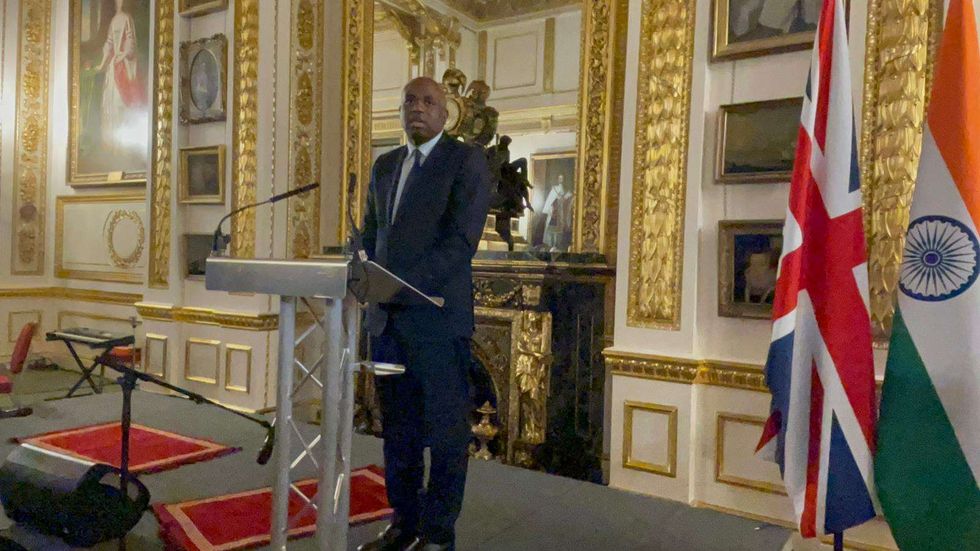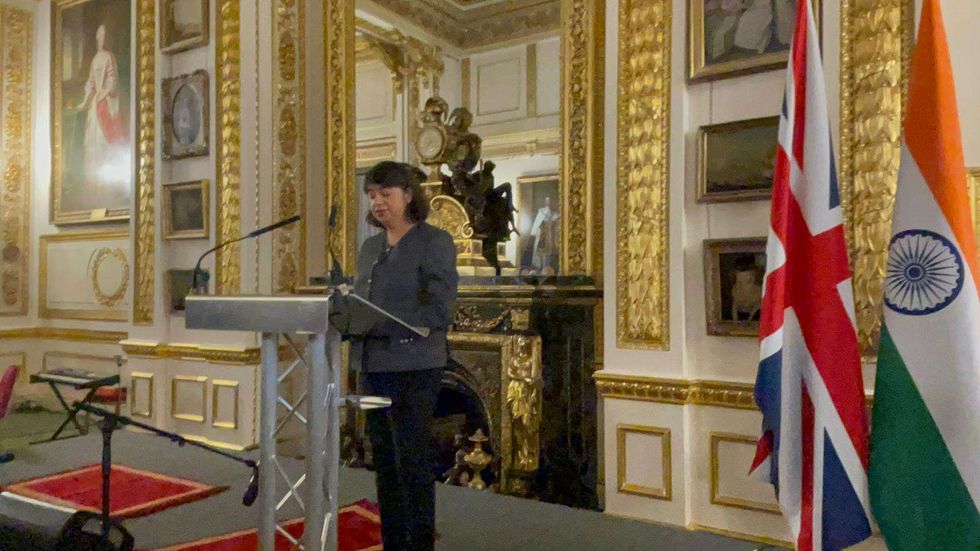PAKISTAN has stopped an Indian submarine from entering its waters, the navy said Tuesday (5), as tensions continue to run high between the nuclear-armed foes.
"The Pakistan navy stopped an Indian submarine from entering our territorial waters," a naval spokesman said in a statement.
He said "the Indian submarine was not targeted in line with the government's policy of maintaining peace".
It was the first such incident since 2016, when Pakistan said it had "pushed" an Indian submarine away from Pakistani waters.
The spokesman did not give further details, including when or where the submarine was detected. It was also not clear if they meant the 12 nautical mile (22 kilometre) territorial waters limit or the broader 200 nautical mile (370 kilometre) exclusive economic zone.
The navy also released what it said was video of the submarine, with the grainy black and white footage showing only what appeared to be a periscope above water. The timestamp on the video clip shows it began at 8.35 pm on Monday (4).
There was no immediate comment from Indian officials.
The development came just a day after unverified reports in Indian media said that a Pakistani military drone which strayed over the border had been shot down.
An Indian Sukhoi-30 fighter downed the unmanned aerial vehicle (UAV) with an air-to-air missile near Bikaner in the northern Indian state of Rajasthan not far from the Pakistani border, the reports citing unnamed sources said.
It was the second attempt by Pakistan to send a drone inside India in the last six days after one was shot down on February 27, the Press Trust of India news agency reported.
In recent days the nuclear-armed Asian countries have come closer to conflict than in years, after a suicide bombing in Indian-administered Kashmir killed 40 Indian paramilitaries.
A militant group based in Pakistan claimed responsibility for the February 14 blast, and 12 days later Indian jets bombed what New Delhi called a terrorist training camp deep inside Pakistan.
Pakistan has denied any damage or casualties, and independent reporting has shown that the strikes hit a heavily forested area with little in the way of infrastructure nearby. Residents have said just one person was injured.
The next day Pakistani aircraft entered Indian airspace and the two nations' jets engaged in aerial dogfights, with at least one Indian aircraft shot down and its pilot captured by Pakistan.
The pilot was handed back to India last Friday (1) in what Pakistani prime minister Imran Khan called a "peace gesture".
Both sides also claimed a second plane had been shot down, but they have disputed whose plane it was and what happened to the pilot.
Pakistani and Indian soldiers have continued to fire artillery and mortars over the Line of Control, the de-facto border dividing Kashmir, in the days since, killing several civilians on both sides.
(with AFP)





 David Lammy
David Lammy Seema Malhotra
Seema Malhotra Moments from the event
Moments from the event






